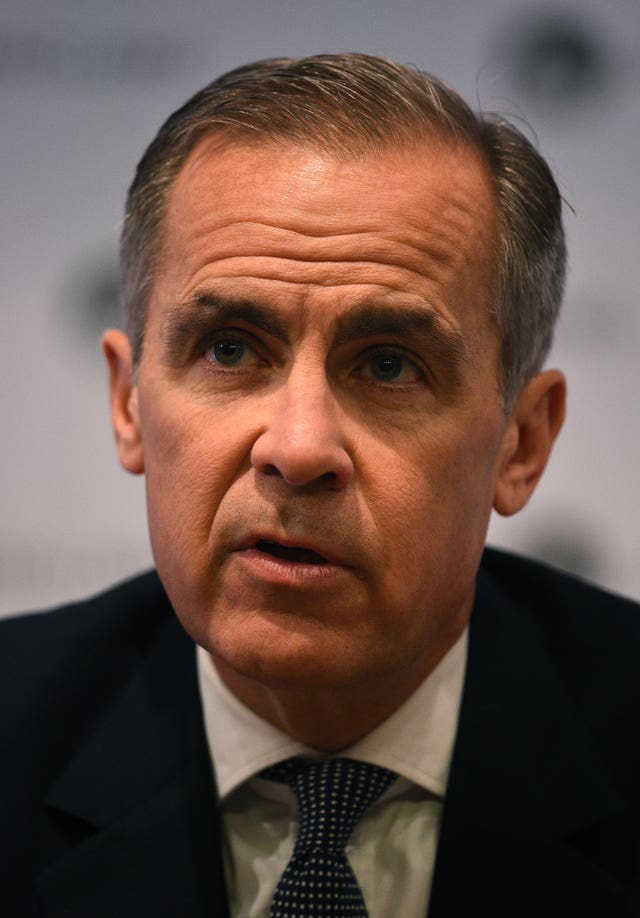
Bank of England policymakers are set to hold interest rates at 0.75% on Thursday as Brexit uncertainty overshadows a strong start to the year for the economy.
The Bank’s latest rates decision – which will be accompanied by its quarterly Inflation Report forecasts – comes amid signs that Brexit stockpiling has boosted recent economic growth figures.
Data suggests the economy may have expanded by at least 0.4% in the first quarter, up from 0.2% in the final three months of 2018.
But this was largely due to “no deal” precautionary stockbuilding ahead of the original March 29 Brexit deadline and relatively mild weather, which experts believe will unwind in the April to June quarter.
The latest manufacturing sector survey figures suggest this has already started, with a slowdown in activity seen in April after a surprisingly buoyant March.
Given the six-month EU departure delay, the “fog” of Brexit – as Bank Governor Mark Carney put it earlier this year – is unlikely to lift for some time and policymakers are seen remaining firmly in wait-and-see mode.
Howard Archer, chief economic adviser to the EY Item Club, said: “The MPC (Monetary Policy Committee) is likely to hold off from hiking interest rates until the Brexit situation becomes clearer and it can see how the economy is responding.
“Indeed, the MPC may see the extension of Brexit as prolonging the uncertainties facing the UK economy and increasing downside risks.”
Investec economist Philip Shaw said worries over the state of the global economy have also increased in recent months, which is “likely to provide the main argument for keeping rates steady this time”.
But economists are increasingly expecting pressure building for the MPC to consider raising rates later in 2019.
Investec believes one member – Michael Saunders – may even vote for a hike on Thursday.

The Bank is expected to nudge its 2019 growth forecasts higher in the accompanying inflation report thanks to the stockpile-boosted first quarter.
It slashed its growth forecast to 1.2% in the February report, which would mark the weakest expansion since 2009, when the economy was in a recession following the financial crisis.
The Bank may also up its inflation outlook, despite the Consumer Prices Index remaining steady at 1.9% in March, with rising oil costs and the recent increase in Ofgem’s energy price cap set to have an effect.
“The MPC will find a case for higher rates increasingly compelling as the year draws on,” said Mr Shaw.
He is pencilling in a hike to 1% in November, although this is based on a Brexit deal being reached, while Mr Archer said the odds favour rates being held throughout 2019.
The Bank’s rates announcement also comes after the Treasury announced last week that it had kicked off the search for Mr Carney’s successor.
It is using a headhunter for the first time to look for a replacement ahead of his departure next January.


Comments: Our rules
We want our comments to be a lively and valuable part of our community - a place where readers can debate and engage with the most important local issues. The ability to comment on our stories is a privilege, not a right, however, and that privilege may be withdrawn if it is abused or misused.
Please report any comments that break our rules.
Read the rules here